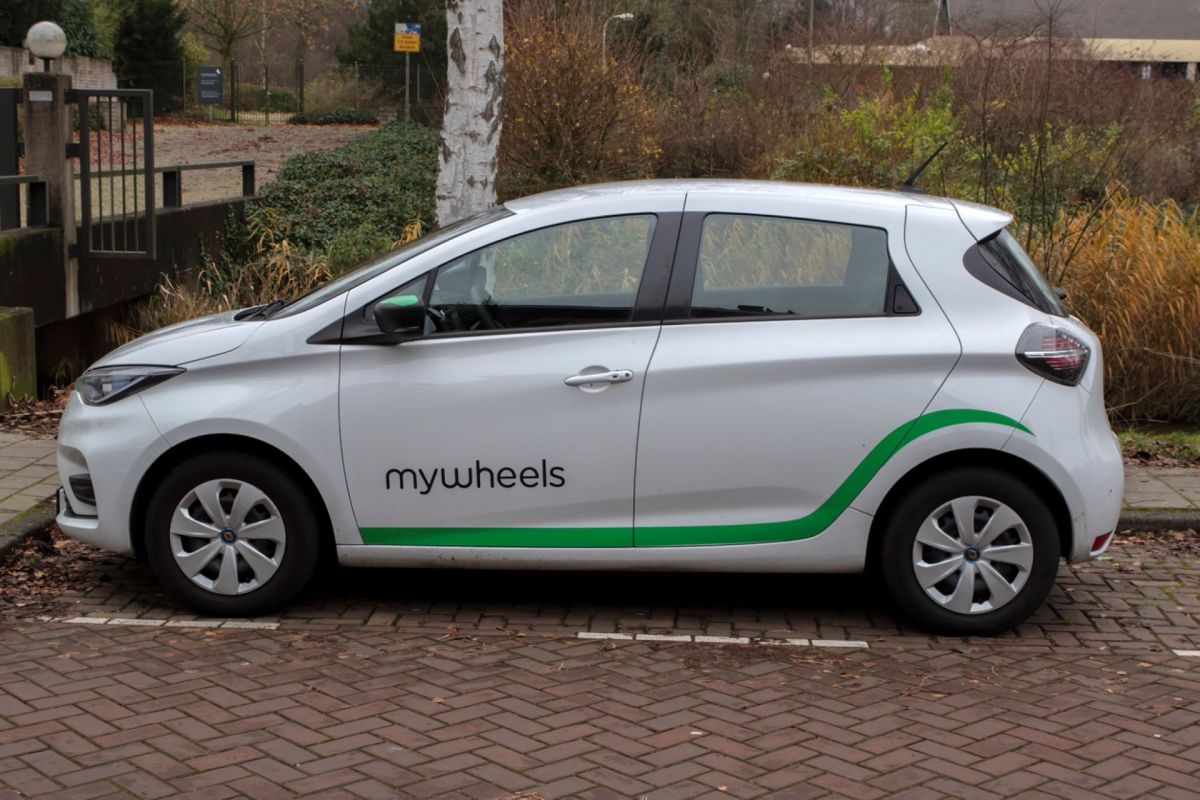The Netherlands has just found a smart and efficient way to make the most out of its batteries with a new program that will use electric vehicles to store power for the grid, New Atlas reported.
The Dutch city of Utrecht, famous for its tree-lined canals, is set to become the first in the world to have its electrical grid backed up with two-way EV charging stations, which will allow rideshare cars to serve as backup batteries.
🗣️ Would you be more likely to use a rideshare service that offers EV rides?
🔘 Absolutely 👍
🔘 Only if it wasn't more expensive 💰
🔘 Only if the wait times weren't longer ⌚
🔘 Not interested 🚫
🗳️ Click your choice to see results and speak your mind
It might seem counterintuitive to use EV batteries this way. Aren't the cars using that power to drive around?
But as New Atlas pointed out, the cars in the program — for example, the Ioniq 5 — can hold hundreds of miles worth of charge. That's much more than most rideshare passengers will ever use in a trip, so most of the cars can hold more power than they actually need to operate within the city. Charging up when power is available then giving unused electricity back to the grid at times of high demand, won't interfere with providing rides.
The project is a collaboration between We Drive Solar, which is building the two-way chargers powered by affordable, non-polluting energy sources such as solar panels, and MyWheels, the Netherlands' largest rideshare provider, New Atlas reported. Working together with auto manufacturers Hyundai and Renault, the companies intend to set up 300 cars to connect to Utrecht's grid.
Battery storage solutions are essential for switching to more affordable, less polluting energy sources like solar and wind power. In the past, we've relied on dirty energy sources like coal and oil, which can produce electricity on demand, but solar can only be generated when the sun is out, so it has to be stored for nighttime use.
New Atlas said that several cars are already connected to the system, and We Drive Solar and MyWheels intend to roll out the rest of the 300 by the end of the year, making Utrecht, Netherlands the "first bi-directional city in the world."
A press release from We Drive Solar also reveals that the company has plans to expand the program beyond Utrecht in the future. Robin Berg, founder and CEO of We Drive Solar, said, "We are very pleased with the collaboration with MyWheels and The Sharing Group so that we can further accelerate the roll-out of bidirectional charging and show the operation of it on a large scale."
Join our free newsletter for weekly updates on the coolest innovations improving our lives and saving our planet.









